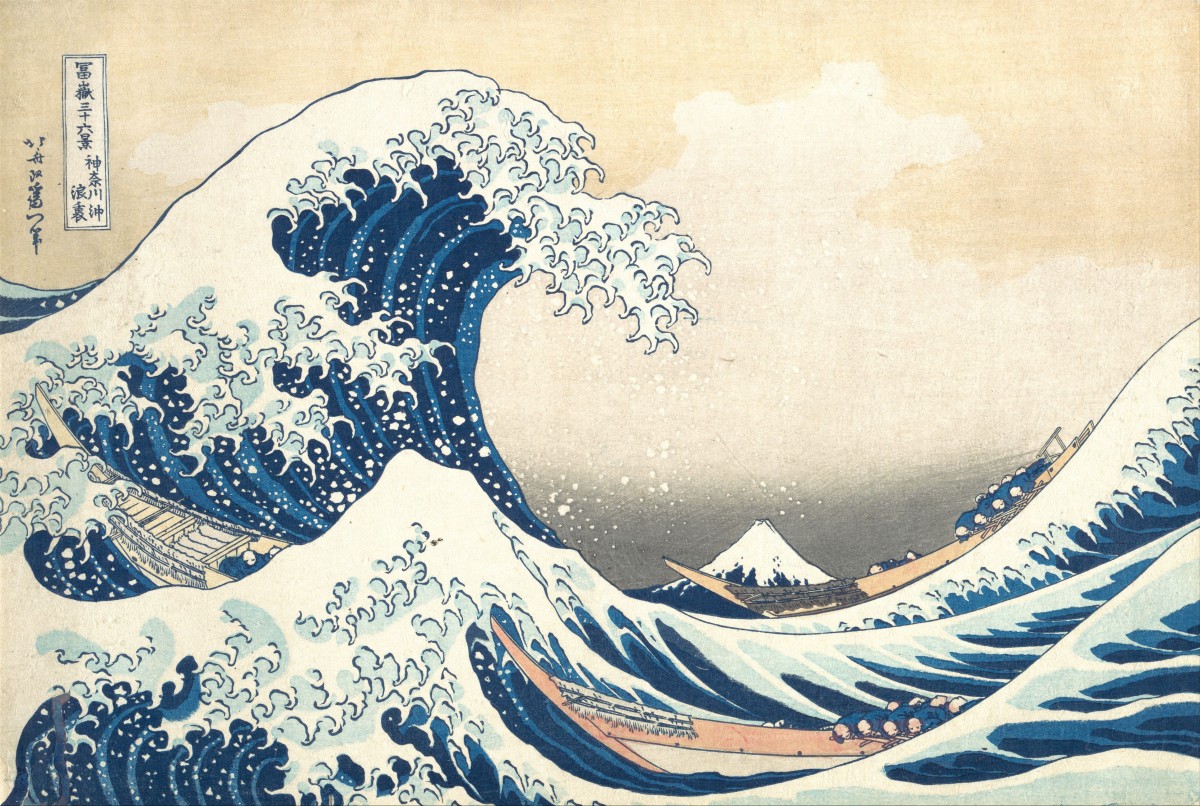* Title from George Orwell’s 1984 by the character named O’Brien.
* SPOILER ALERT *
I still remember back in high school, I once argued with one of my classmates whether Winston, the hero of the book 1984, dies or not when the story ends. My friend and I stood on the side that Winston does not die, otherwise the story would lost its sense of irony. But my classmate, who just finished reading 1984 at that time, insisted on Winston’s death at the end.
“Well that’s find out then.” I said, and went looking for the ebook online. It turned out that Winston died, on the last page of the book.
What? How? Why?
It haunted me for some time, because I couldn’t understand the purpose of his dying in the end. If he went on living he would just live in torture. Isn’t that better, in the sense of leaving the readers with a more painful ending? But after reading this book for the second time, I started to see why Orwell designed the ending to be like this.
If we take a look at how Winston, after being caught and prisoned in the Ministry of Love (the name is such a big irony), went through the three-stage transformation (or cleaning/reintegration): learning, understanding and acceptance, we would know the purpose of this time-consuming and effort-taking reintegration: to change him completely. The ideal result is not Winston confessing whatever is thrown to him, but feeling his own mistakes from the bottom of his heart. That is, changing him into a different person by emptying his mind and soul, and then filling him with things they want, the Big Brother wants, and the Party wants.
One of the ironies (this book is full of ironies, of course) that really puts a bitter smile upon my face is what O’Brien, an extremely intelligent lunatic (in the eye of Winston), said to Winston: “We shall meet in the place where there is no darkness.” I knew, because I read this book before, that it can’t mean something positive and nice and shiny. It turns out the place with no darkness is the prison. But I remember the first time of my reading. I totally held some kind of unrealistic illusion towards the whole thing. It is made very clear by Orwell that the relationship between Winston and Julia and their betrayal to the Party can never last long. Winston has always considered him to be dead, and from the moment he wrote down “Down with Big Brother”, he knew he would be arrested by the Thought Police one day, sooner or later. But here’s the art of telling readers everything straightly – it makes them think what later happens must be different from what you have told them already. Now that I read it again, I can see how the ending lies plainly in the text.
How Orwell describes the whole intention of seizing power, controlling minds and turning thought criminals to be totally different persons, I would say, is amazingly horrifying. I didn’t take notes when reading the book, but here’s a part that I quoted from O’Brien:
“Power is in inflicting pain and humiliation. Power is in tearing human minds to pieces and putting them together again in new shapes of your own choosing. Do you begin to see, then, what kind of world we are creating? It is the exact opposite of the stupid hedonistic Utopias that the old reformers imagined. A world of fear and treachery and torment, a world of trampling and being trampled upon, a world which will grow not less but more merciless as it refines itself. Progress in our world will be progress toward more pain. The old civilizations claimed that they were founded on love and justice. Ours is founded upon hatred. In our world there will be no emotions except fear, rage, triumph, and self-abasement. Everything else we shall destroy—everything. Already we are breaking down the habits of thought which have survived from before the Revolution. We have cut the links between child and parents, and between man and man, and between man and woman. No one dares trust a wife or a child or a friend any longer. But in the future there will be no wives and no friends. Children will be taken from their mothers at birth, as one takes eggs from a hen. The sex instinct will be eradicated. Procreation will be an annual formality like the renewal of a ration card. We shall abolish the orgasm. Our neurologists are at work upon it now. There will be no loyalty, except loyalty toward the Party. There will be no love, except the love of Big Brother. There will be no laughter, except the laugh of triumph over a defeated enemy. There will be no art, no literature, no science. When we are omnipotent we shall have no more need of science. There will be no distinction between beauty and ugliness. There will be no curiosity, no employment of the process of life. All completing pleasures will be destroyed. But always—do not forget this, Winston—always there will be the intoxication of power, constantly increasing and will be the trill of victory, the sensation of trampling on an enemy who is helpless. If you want a picture of the future, imagine a boot stamping on a human face—forever.”
Forever.
For the world of 1984, cheers.
